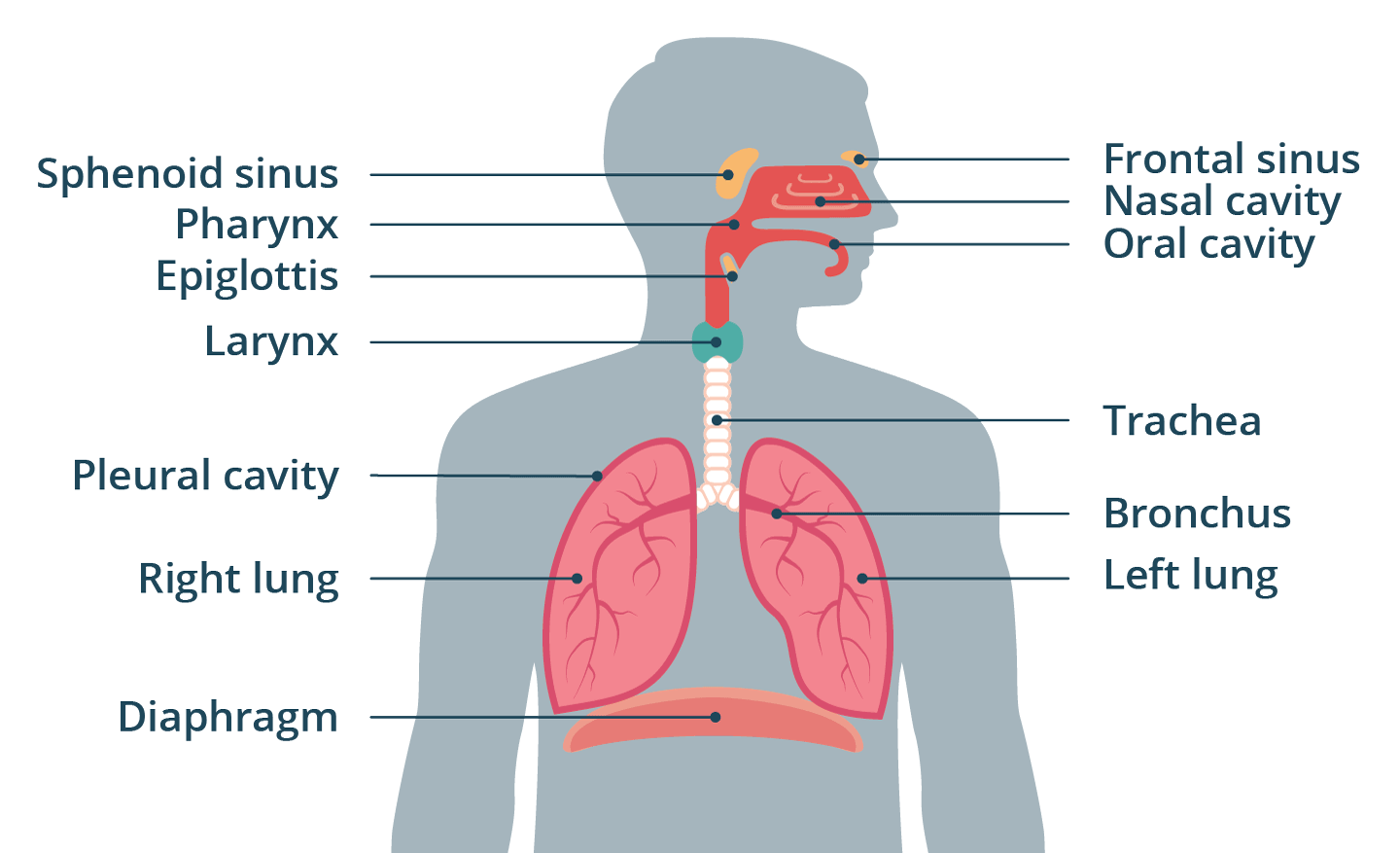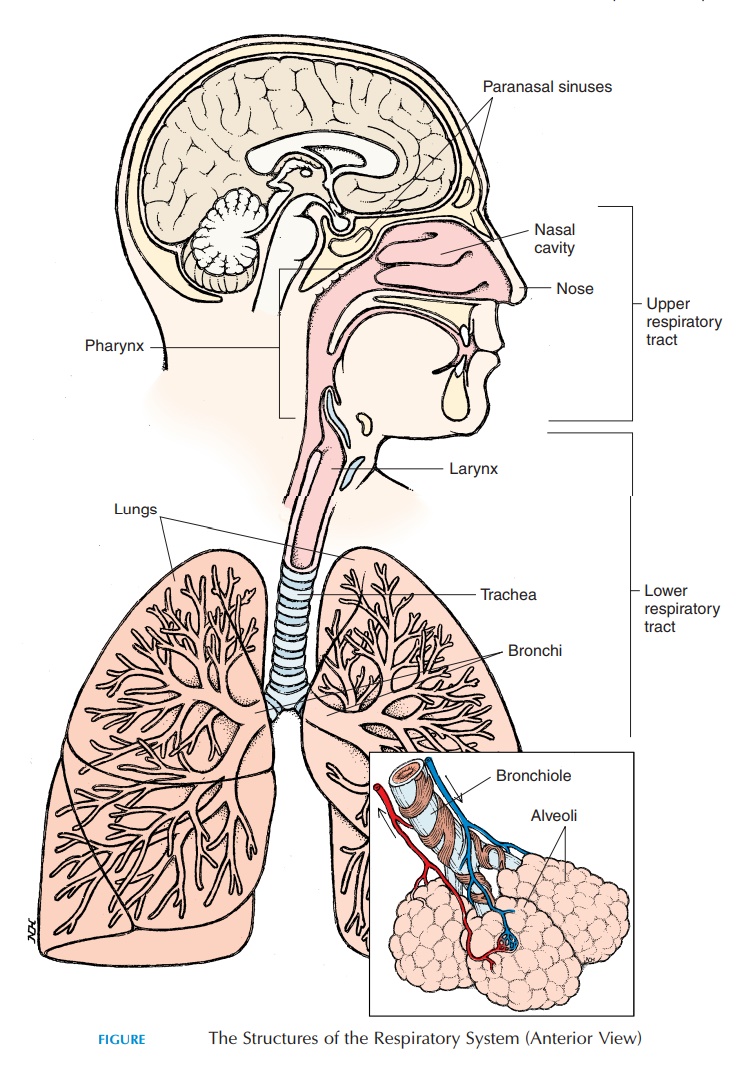PPTX Anatomy of Respiratory System Biology Diagrams Learn about the respiratory system, a biological system for gas exchange in animals and plants. Find out how the respiratory tract is divided into upper and lower parts, and how gas exchange occurs in the alveoli or gills. Learn about the functions, organs, and processes of the respiratory system with this comprehensive guide for nursing students. Find out how the nose, pharynx, larynx, trachea, bronchi, and lungs work together to supply oxygen, eliminate carbon dioxide, and regulate gas exchange.

Learn about the structure and function of the respiratory system, including the nose, pharynx, larynx, trachea, bronchi, bronchioles and alveoli. Use 3D models, microscope simulations and videos to explore the respiratory tract and its histology.

Respiratory System: Organs, Facts, Anatomy & Function Biology Diagrams
Respiratory system anatomy and physiology. Osmosis High-Yield Notes. This Osmosis High-Yield Note provides an overview of Anatomy and Physiology of the Respiratory System essentials. All Osmosis Notes are clearly laid-out and contain striking images, tables, and diagrams to help visual learners understand complex topics quickly and efficiently.

Learn about the respiratory system, the organs and structures that allow you to breathe in oxygen and out carbon dioxide. Find out how it works, what conditions can affect it and how to keep it healthy.

Respiratory System: How It Works, Common Issues, and More Biology Diagrams
Learn about the structure and function of the respiratory system, which consists of the upper and lower respiratory tract. The upper respiratory tract includes the nasal cavity, paranasal sinuses, pharynx and larynx, while the lower respiratory tract includes the trachea, bronchi, bronchioles and lungs. Learn about the organs and functions of the respiratory system, which is responsible for breathing in oxygen and breathing out carbon dioxide. The respiratory system is divided into the upper and lower respiratory tracts, each with different structures and roles.
